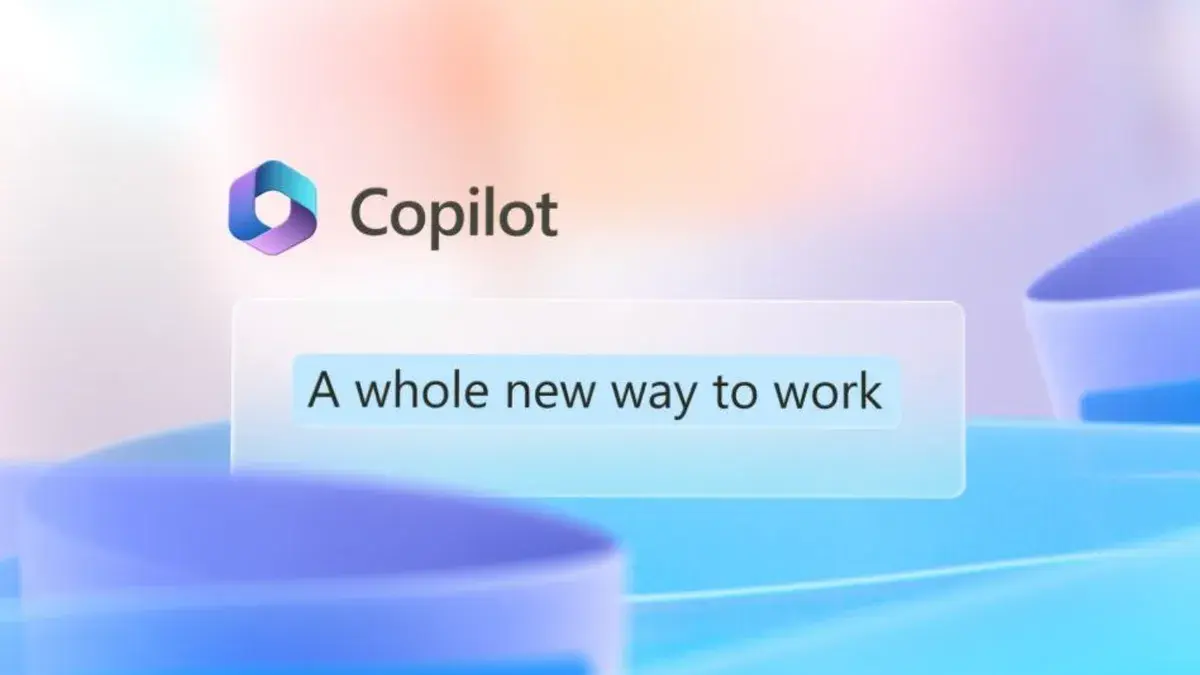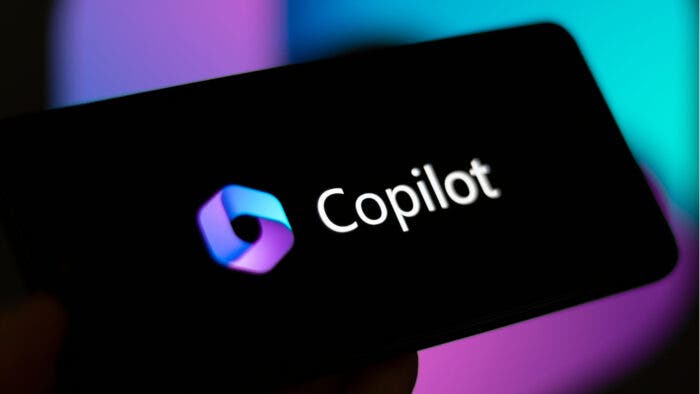In a move towards enhancing user choice and data protection, Microsoft has introduced a significant update to Windows 11. This update allows users to switch chat providers for Copilot. This change aligns with the European Union’s Digital Markets Act (DMA) regulations. The DMA emphasizes the importance of user privacy and control over sensitive information. @PhantomOfEarth recently tweeted that in the Windows 11 Build, 26080 preview update recently released by Microsoft, the Copilot option has been expanded for users in Europe. Also, the tweet says that it now supports user-defined chat providers (Copilot Chat Providers).

According to the DMA, Microsoft is not allowed to adopt or promote monopoly practices. This is why Microsoft is giving a new option in the latest Build 26080 to allow users to choose a chat provider. Microsoft started testing this feature a few weeks ago, so it is not a “new feature”. It is just inviting users in Europe to test it in the latest preview version.
Currently, there are only two options provided by the chat provider, only Copilot (formerly Bing Chat) and the enterprise version. We expect the company to introduce other chatbots in the future. Bing Chat mainly aims at ordinary users using Microsoft accounts. However, Bing Chat Enterprise is aimed at enterprise users registered with Microsoft enterprise accounts.
Importance of Chat Provider Selection
The ability to select chat providers for Copilot in Windows is crucial, especially for commercial environments where data security is paramount. By allowing users to choose between Bing Chat and Bing Chat Enterprise, Microsoft empowers organizations to tailor their chat provider platform based on their specific needs and security requirements. Bing Chat Enterprise, designed for enterprise users, offers enhanced data protection measures, ensuring that sensitive information remains secure and confidential.
One of the key benefits of the new chat provider switching feature is the increased control it provides to users. By enabling individuals to select their preferred chat provider, Microsoft enhances user privacy and data security. This functionality aligns with the principles of the EU’s DMA, which emphasizes the importance of empowering users to make informed choices about the services they use and the data they share.
Enhancing User Experience
The introduction of the chat provider selection option not only enhances data security but also enriches the overall user experience. Users can now customize their Copilot interactions by choosing the chat provider that best suits their needs, whether for personal use or within an enterprise setting. This customization feature adds a layer of personalization to the Copilot experience, making it more tailored and efficient for individual users.

With the rising concerns around data privacy and security, the ability to switch chat providers for Copilot in Windows signifies a proactive approach by Microsoft to address these issues. The flexibility to opt for Bing Chat or Bing Chat Enterprise is good for organizations. It can also help to ensure that their sensitive data gets the protection and utmost care they need. This move not only enhances compliance with data regulations but also instils trust among users regarding the handling of their information.
Future Outlook and Industry Response
As Microsoft continues to refine and expand the capabilities of Copilot in Windows, the introduction of chat provider switching sets a precedent for user-centric AI technologies. This development aligns with the broader industry trend towards greater transparency, control, and accountability in AI-driven services. By adapting to regulatory requirements such as the EU’s DMA, Microsoft demonstrates its commitment to data privacy and user empowerment in the digital landscape.
Conclusion
In conclusion, the recent update to Windows 11, enabling users to switch chat providers for Copilot, represents a significant step towards enhancing user control, data protection, and compliance with regulatory standards. This evolution underscores Microsoft’s dedication to fostering a secure and user-centric computing environment, setting a positive example for the tech industry as a whole.





